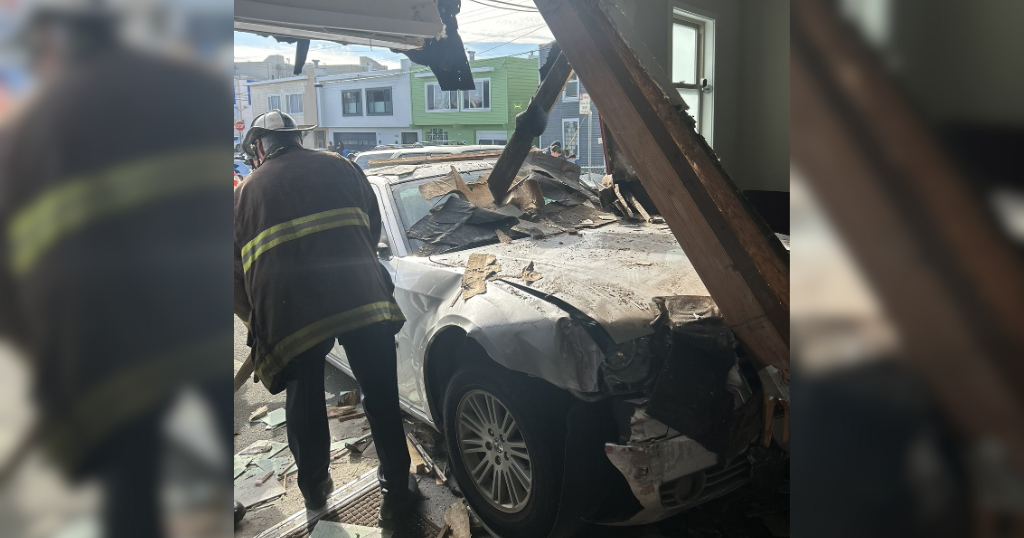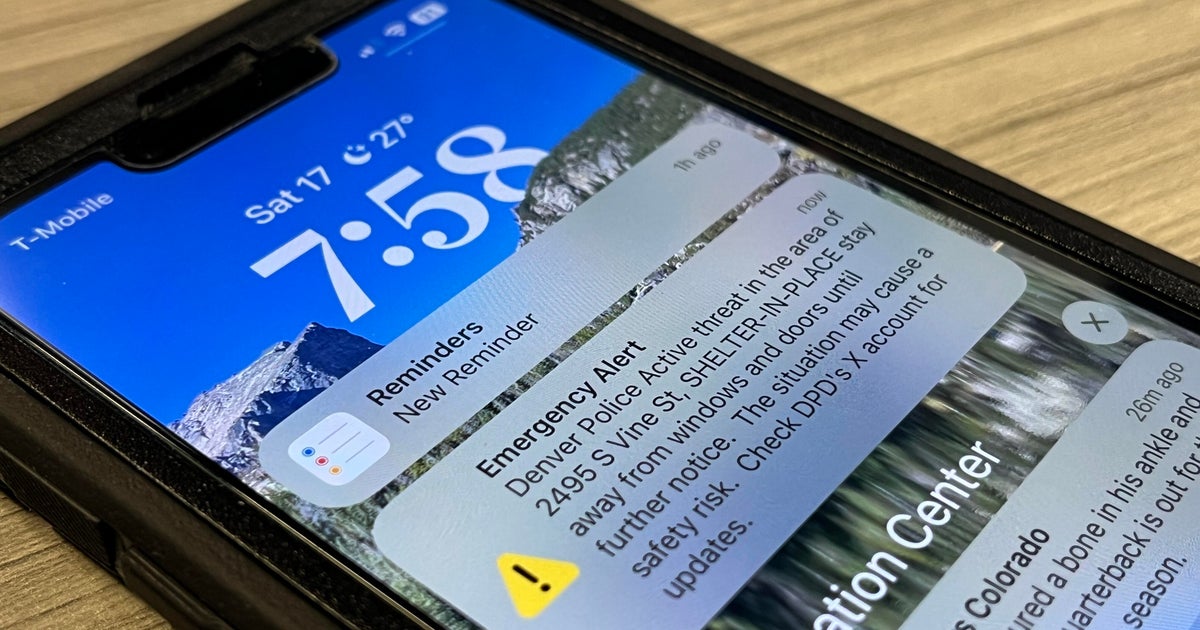Consumer Alert: Rear-Facing Car Seats Put To The Test
NEW YORK (CBSNewYork) -- There's a new study on the safety of rear-facing car seats for babies.
Due to concerns over how protective they are during rear-impact crashes, the seats have been put to the test, CBS2's Jessica Layton reports.
In 2016, Heather Hope was driving home with her 16-month-old daughter, Anastacia, when another vehicle hit her car, causing it to flip over. Heather was killed, but her baby, who was strapped in a rear-facing car seat, survived with minor injuries.
Family members say Heather had been very careful to pick out a safe seat.
"It paid off and I'm so thankful and I know she would be so happy knowing that her daughter is still here with us," sister Amber Hope said.
Studies show rear-facing seats can be highly effective in front and side collisions, but researchers at Ohio State University's Wexner Medical Center wanted to see how they perform in rear accidents, when the child is facing the impact of the crash.
"We wanted to run this test and see what happened with the crash test dummies," Wexner's Julie Mansfield said.
Mansfield, the study's author, conducted tests on multiple rear-facing seats. All were effective at absorbing the force of the crash and protecting the child.
"Those crash forces are going to be transferred from the shell of the car seat into the vehicle seat and into the vehicle, and that keeps the crash energy away from the occupant, himself," Mansfield said.
The American Academy of Pediatrics says parents should keep their toddlers in rear-facing seats until they are 2 years old or when they reach the maximum height and weight.
"The rear-facing seat does a really good job of keeping the head, neck and spine supported," Mansfield said.
And that can save a child's life.
Researchers say rear-impact crashes account for more than 25 percent of all accidents.







